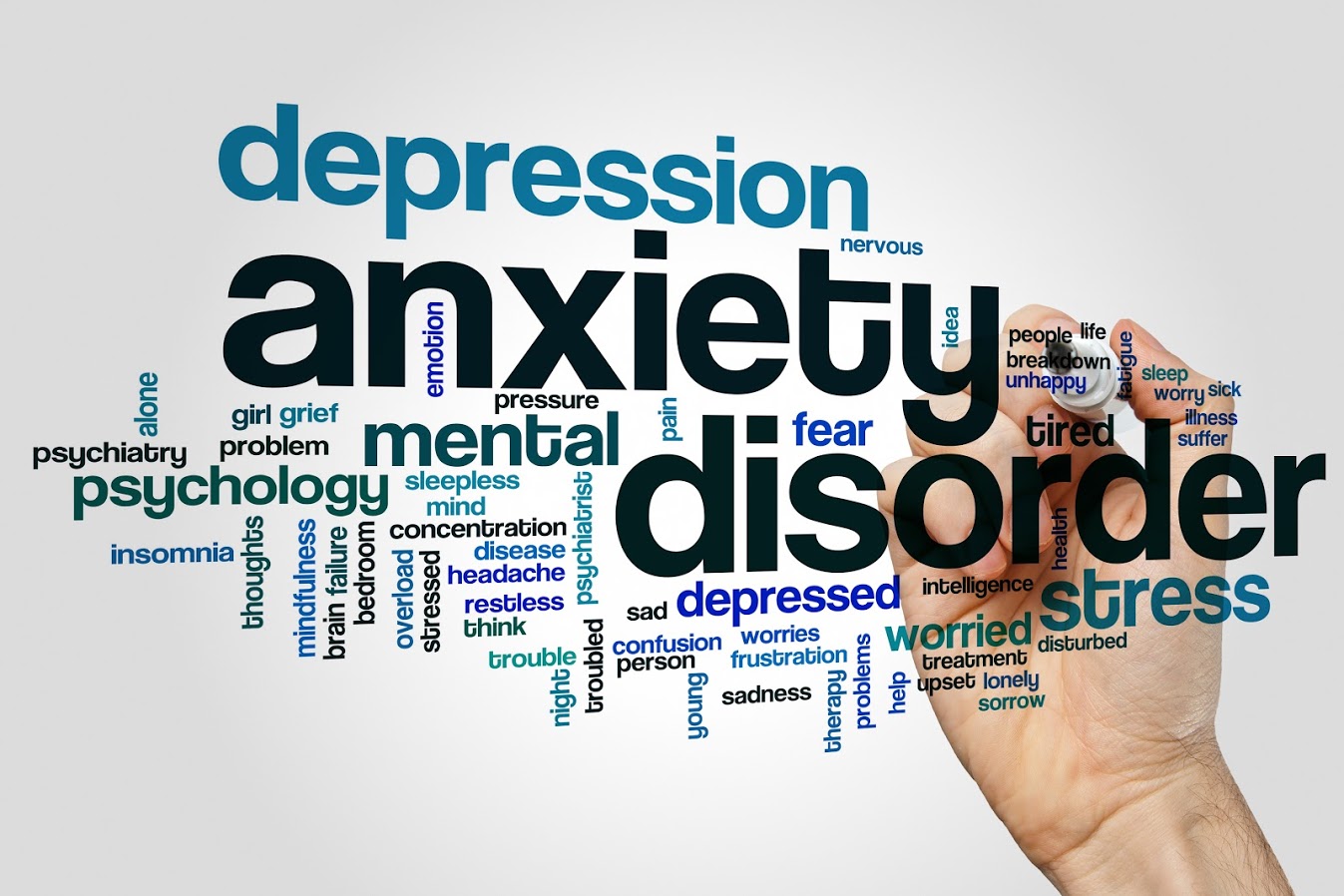All of us feel worried or anxious sometimes, but severe or frequent anxiety can be a sign of a mental health disorder. In order to understand your condition and provide the right diagnosis, your doctor will ask lots of questions about your symptoms and when they appear. The situations in which you feel anxious can provide a clue as to the type of anxiety disorder you have.

Symptoms of Anxiety Disorders
Anxiety disorders can cause a range of different symptoms, but it is common to experience:
- Fears or worries about a specific issue
- A more generalised sense of dread or worry
- Feeling as if other people are watching or judging you
- Tension and inability to relax or calm down
- Physical symptoms such as breathlessness, lightheadedness, heart palpitations or nausea
- Worrying about your anxiety or mental health
However, the way that these symptoms affect you can depend on the type of anxiety that you have.
Types of Anxiety
Although the symptoms of anxiety disorders can be very similar, they can be classified into several different types according to when and how you are affected. The most common types of anxiety are:
- Generalised Anxiety Disorder or GAD: Long term anxiety that is present most of the time and can cause you to worry about lots of different things.
- Social Anxiety: Symptoms appear in social situations such as making small talk, public speaking or during meetings at work. Embarrassment and fear of criticism often occur alongside anxiety.
- Panic Disorder: Causes intense panic attacks that may include physical symptoms such as breathlessness alongside feelings of anxiety. Panic attacks may occur in response to stress or specific triggers but there is usually a persistent sense of anxiety in between the attacks.
- Phobias: Fear of a specific situation or object that causes you to avoid it and experience anxiety when you can’t.
Anxiety can also be a symptom of certain other mental health disorders, including PTSD and OCD. If you are experiencing symptoms of anxiety then your doctor will ask about when you are affected and any other problems you’re experiencing in order to narrow down the diagnosis and provide the right treatment.
